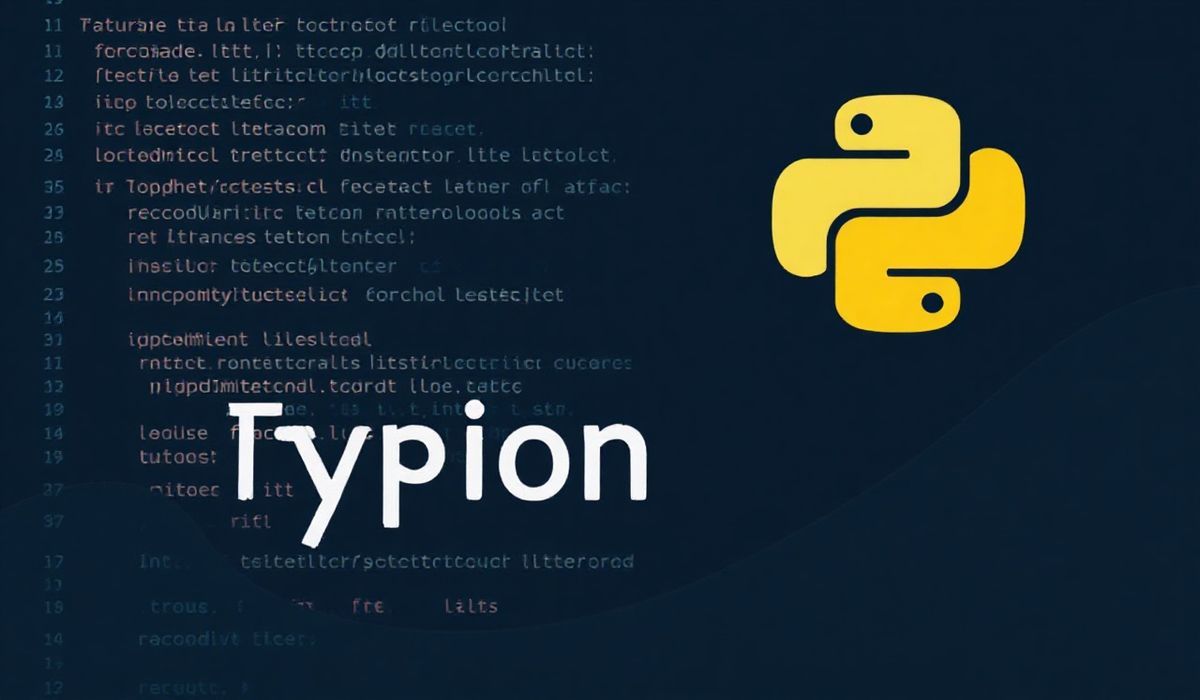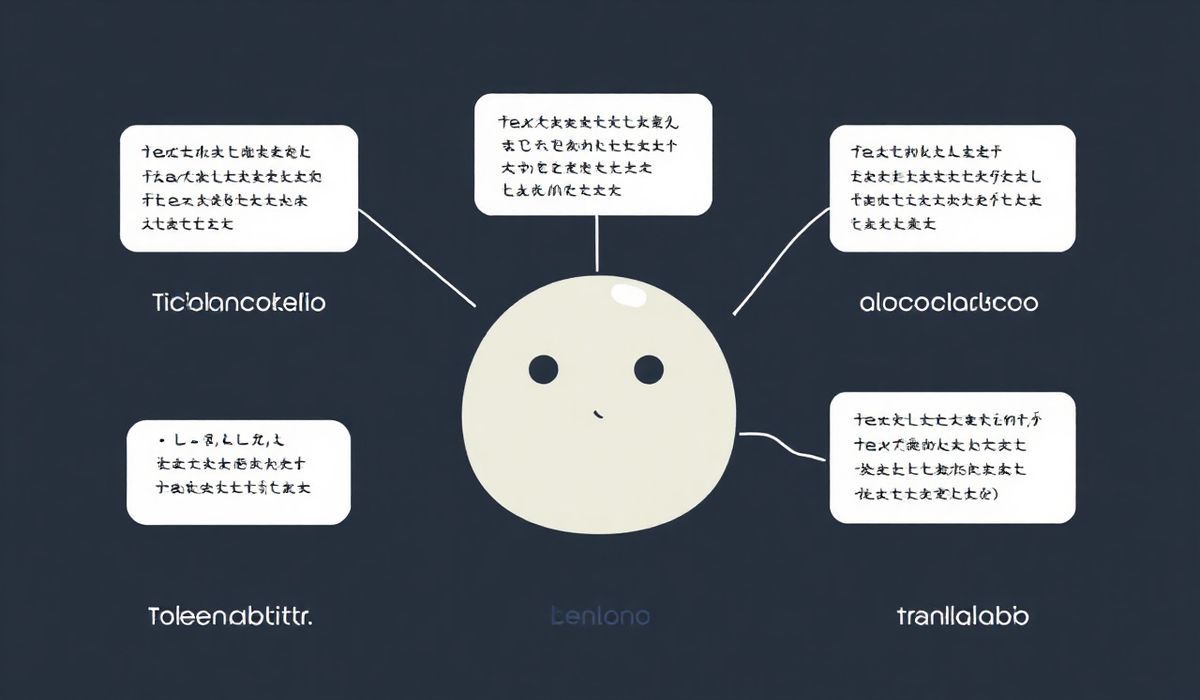Introduction to Typing Extensions
The typing-extensions Python package is a treasure trove of features that extends the built-in typing module. It provides forward-compatible typing hints that work across multiple Python versions, ensuring smoother development experiences. With powerful APIs including custom types, decorators, and more, typing-extensions is indispensable for writing robust and maintainable Python code.
Why Use Typing Extensions?
As Python continues to evolve, new typing features are frequently introduced. However, these enhancements may not be available in older Python versions. The typing-extensions module bridges this gap, offering backwards compatibility for modern typing features.
Dozens of Useful APIs in Typing Extensions
Below, we’ll explore some of the most useful APIs found in typing-extensions, backed by simple examples to brighten your understanding.
1. TypedDict
Defines dictionaries with fixed keys and value types.
from typing_extensions import TypedDict
class User(TypedDict):
id: int
name: str
user: User = {"id": 1, "name": "Alice"}
print(user)
2. Literal
Restricts a value to a set of literals.
from typing_extensions import Literal
def get_status(code: Literal["success", "failure"]):
print(f"Status: {code}")
get_status("success")
3. Final
Marks variables or attributes as immutable.
from typing_extensions import Final
PI: Final = 3.14159
print(f"PI is {PI}")
4. Concatenate
Supports combining types for callable annotations, particularly useful for decorators.
from typing_extensions import Concatenate, Callable
from typing import TypeVar
T = TypeVar("T")
def log_args(
func: Callable[Concatenate[int, str, T], None]
) -> Callable[Concatenate[int, str, T], None]:
def wrapper(x: int, y: str, *args, **kwargs):
print(f"Arguments: {x}, {y}")
return func(x, y, *args, **kwargs)
return wrapper
@log_args
def greet(age: int, name: str) -> None:
print(f"Hello {name}, you are {age} years old!")
greet(25, "Alice")
5. Protocol
Defines structural subtyping to enforce method signatures.
from typing_extensions import Protocol
class Greetable(Protocol):
def greet(self) -> None:
...
class Person:
def greet(self) -> None:
print("Hello!")
def welcome(person: Greetable):
person.greet()
welcome(Person())
6. Self
Used to annotate methods that return self instances.
from typing_extensions import Self
class Fluent:
def set_value(self, value: int) -> Self:
self.value = value
return self
f = Fluent().set_value(10)
print(f.value)
7. override
Provides an explicit marker for methods meant to override a base class method.
from typing_extensions import override
class Base:
def say_hello(self):
print("Hello from Base")
class Sub(Base):
@override
def say_hello(self):
print("Hello from Sub")
Sub().say_hello()
Example Application Using Typing Extensions
Let’s build a small application utilizing multiple features from typing-extensions.
from typing_extensions import TypedDict, Protocol, Literal, Final, Self
# TypedDict for structured data
class Product(TypedDict):
id: int
name: str
price: float
# Protocol for enforcing class behaviors
class Calculator(Protocol):
def calculate_total(self, quantity: int) -> float:
...
# Product implementation
class Item:
TAX_RATE: Final = 0.07
def __init__(self, details: Product):
self.details = details
def calculate_total(self, quantity: int) -> float:
subtotal = self.details["price"] * quantity
tax = subtotal * self.TAX_RATE
return subtotal + tax
def set_discount(self, discount: float) -> Self:
self.discount = discount
return self
# Example usage
product = {"id": 1, "name": "Laptop", "price": 1200.00}
item = Item(product)
total = item.set_discount(0.10).calculate_total(2)
print(f"Total cost: ${total:.2f}")
Conclusion
The typing-extensions library is a powerful tool for developers who rely on type hints in Python to write more maintainable and robust code. From TypedDict and Literal to Protocol and Self, the APIs it offers are diverse and highly practical. Whether you’re building data-intensive applications or reusable libraries, knowing typing-extensions gives you a competitive edge. Try it out in your next project!




